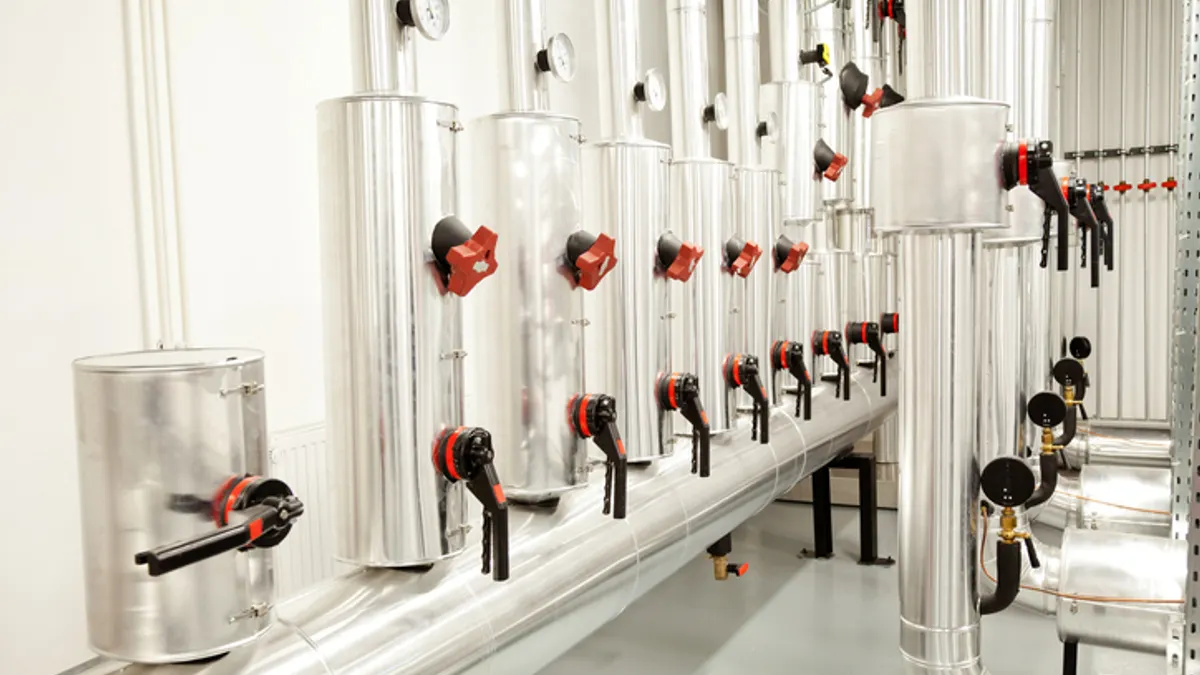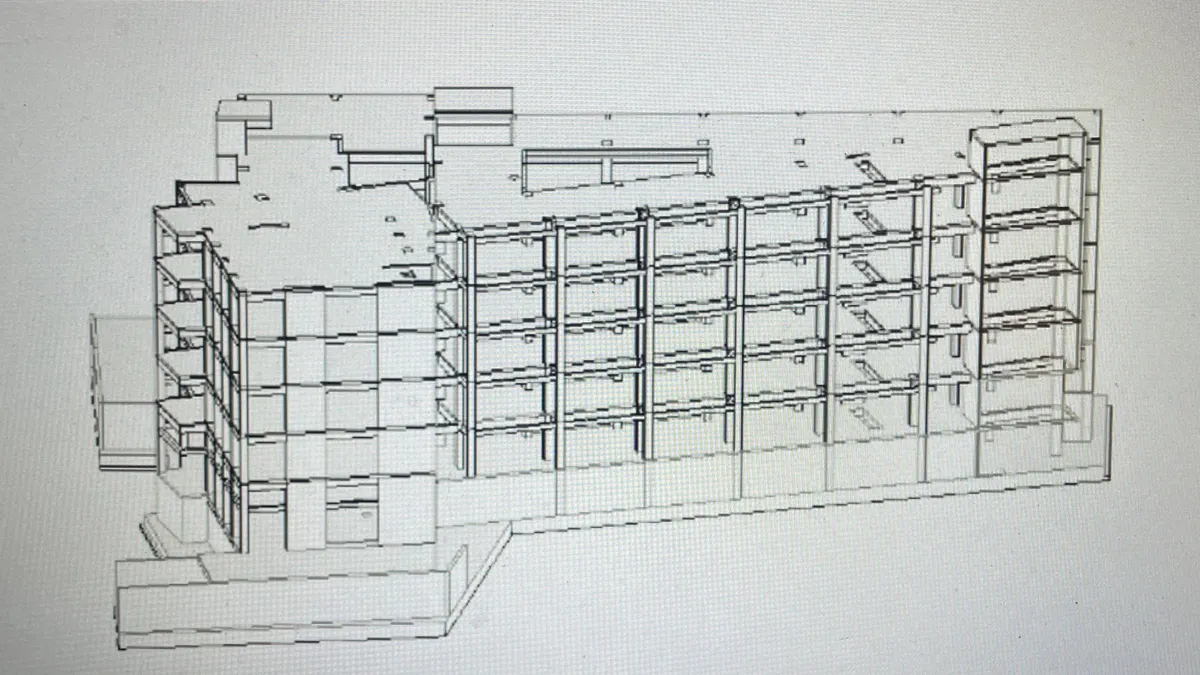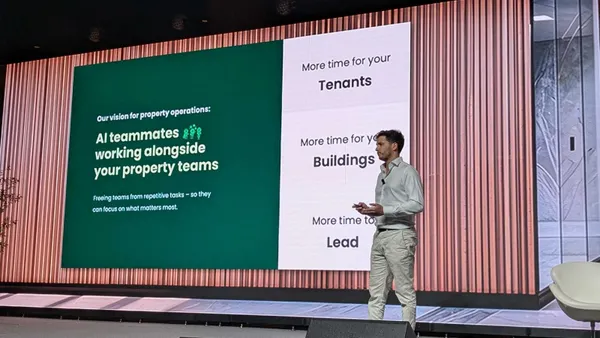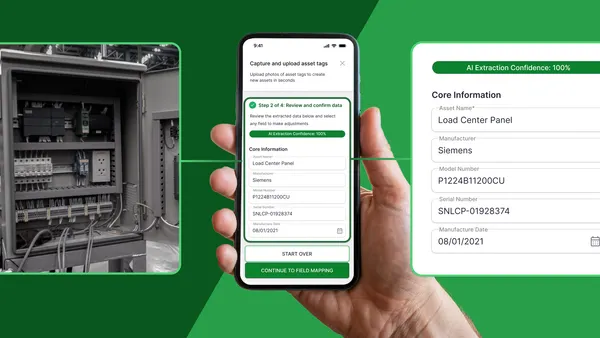Dive Brief:
- Energy use and electricity costs dropped more than 60% when the software powering smart HVAC systems used quantum computing, and the better results occurred without lowering indoor air quality, researchers said.
- In quantum computing, processors analyze data on a simultaneous basis, so more complex data can be processed faster than with conventional, linear processing. When simultaneous processing is applied to smart systems, the software that controls HVAC temperatures in different parts of a building can make decisions more quickly and more accurately based on an analysis of complex data, said the researchers at Hanbat National University in South Korea.
- “Quantum reinforcement learning [can] handle high dimensional control problems more efficiently than conventional approaches,” the researchers said in their report, published in the journal Energy and AI.
Dive Insight:
Smart HVAC systems use data about occupancy patterns to help building operators reduce energy consumption by linking temperature settings to where people are. Other variables like weather and heat loads add complexity to the calculation. When data about indoor air quality gets added to the mix, the complexity increases further.
“Advanced HVAC control methods … struggle with the complexity of real world building dynamics,” the researchers said.
Developers of traditional smart systems have had some success switching from a rules-based computing approach to one that leverages machine learning, the researchers said. They’ve found that ML is better at adapting to real-world conditions, but quantum processing can improve the systems even more.
“Quantum reinforcement learning … leverages quantum computing principles to handle high dimensional control problems more efficiently than conventional approaches,” they said.
Absent the quantum component, ML based systems can take time learning how to optimize the system, resulting in start-up periods in which conditions can be uncomfortable for occupants.
“During the initial learning period, a purely reinforcement learning, or RL-based HVAC agent, can perform suboptimally, causing occupant discomfort before it converges to an optimal policy,” they said.
Traditional computing also has a harder time managing different temperatures in different spaces. “A [quantum] based controller could … manage multi-zone environments more effectively than classical RL methods,” they said.
The paper doesn’t address what it would take to commercialize quantum computing in HVAC systems or how much it would affect the cost of systems, but the findings point in a direction developers can take systems going forward.
“The promising performance [can provide] better solutions for the optimization challenges present in HVAC control and management [and] influence future designs of smart HVAC systems [and] encourage the development of more adaptive algorithms that can cater to varying environmental and usage patterns,” the researchers said, “and ultimately contribute to the advancement of smart building management systems.”
The research was conducted in residential buildings and it’s not clear how much results would differ in other types of buildings, they said.
“The reliability and generalizability of the results to different building types or climate conditions are not yet fully verified,” they said.













